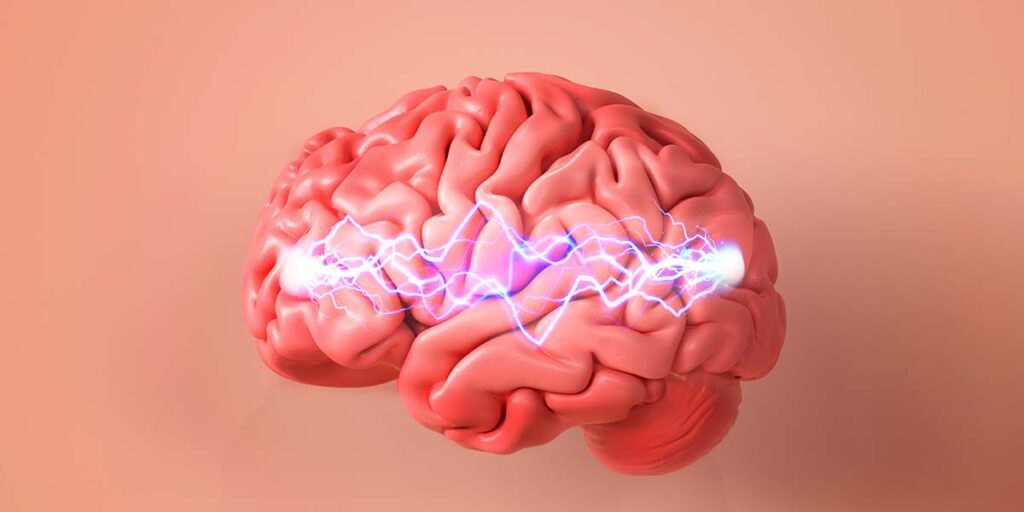Epilepsy and other types of seizure disorders are caused by structural changes in your brain. Magnetic resonance imaging, or MRI, offered at American Health Imaging (AHI) is a valuable tool to help your doctor learn more about the cause of your condition and seizures, its progress, and your best options for treatment.
What Does an MRI Show for Seizures?
When you have your first seizure, an MRI can be used to look for abnormalities, such as malformation of blood vessels, scar tissue or tumors, that caused the event. An MRI can also gather information to help your doctor understand whether you had a seizure that affected your entire brain at the same time (generalized onset), were pinpointed a specific spot (focal onset) or had an unknown origin.
With these details, your doctor can determine if medication, dietary changes, noninvasive procedures or surgery is the right solution to manage your condition. If surgery is the best solution, MRI scans can help your doctor design an effective surgical strategy that removes the source of the seizures and spares the appropriate amount of tissue.
Which Brain Scan Is Best for Seizures?
When a seizure occurs, a surge of electrical activity courses through the brain. The type of symptoms you experience depend on the area of the brain that is affected. Brain scans offered at AHI can help your doctor learn more about your unique condition.
An MRI scan relies on the use of magnetic field and radio waves to capture two- or three-dimensional images of your brain’s structure. The images gathered during an MRI are highly accurate and detailed.
Your doctor may also choose to utilize a CT scan if you have a seizure. This type of scan uses X-ray technology to capture images of tissue, helping your doctor detect abnormalities in your brain that could be causing seizures.
If you are managing a seizure disorder, MRI scans are the most accurate way to detect a brain tumor in many situations, but CT scans, which are faster, can be the best option in an emergency situation. CT scans can also be helpful if you have metal implants or medical devices that make MRI difficult to perform. Other brain scans that your doctor may consider include functional MRI scans, magnetic resonance spectroscopy scans, PET scans and single-photon emission CT scans.
Learn more about MRI options at AHI.
